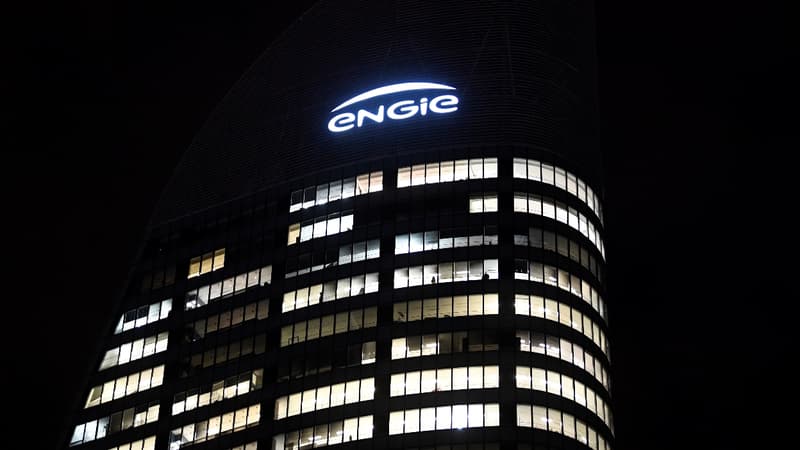The energy company Engie will “take its part” in the sobriety effort requested from companies this winter by generalizing, in its buildings in France, the turning off of lights from 8:00 p.m. and programming the shutdown of heating during consumption peaks, the group stated. on Tuesday.
Scheduled heating stops up to six hours a day
Although heating constitutes on average 40% of the energy expenditure in its 400,000 m2 French building park, the heating period will start on October 15 instead of September 15 at its sites, including its headquarters in La Défense, a tower of 36 floors.
The heating will be regulated at 19 degrees as recommended by the authorities with the possibility of scheduling stops between 9:00 a.m. and 12:00 p.m. and between 6:00 p.m. and 9:00 p.m. “to deal with possible electrical spikes in these time slots,” detailed a door word of the group, France’s main supplier of natural gas and electricity from renewable sources. With these measures, Engie intends to reduce heating consumption by 18% this winter compared to 2021.
The group is also committed to generalizing the switching off of lighting between 8:00 p.m. and 7:00 a.m., with electricity accounting for 13% of the energy consumption of its sites. Engie plans to “schedule the sleep mode or automatic shutdown of electronic devices” such as computers.
35% reduction in travel-related energy consumption since 2019
Another savings lever, the continuation of the actions undertaken since 2019 that have allowed it to “reduce energy consumption by 35%” linked to employee commuting to their workplace, partly as a result of teleworking. This also involves “optimizing” the service vehicle fleet, eco-driving training, and the use of bicycles within their sites.
The Government presents its sobriety plan this Thursday, the result of several months of work with all sectors and sectors, to spend the winter in the midst of an energy crisis, avoiding cuts as much as possible and, furthermore, putting the country on the road towards a 10% reduction in energy consumption by 2024.
Source: BFM TV


